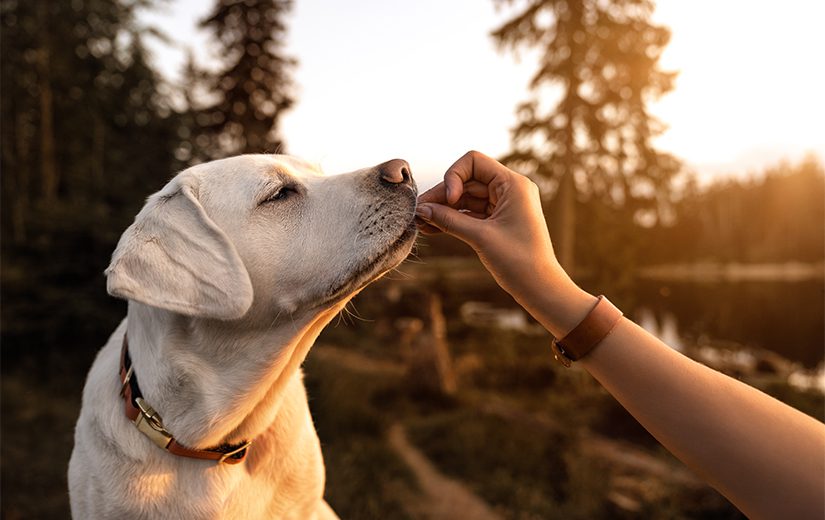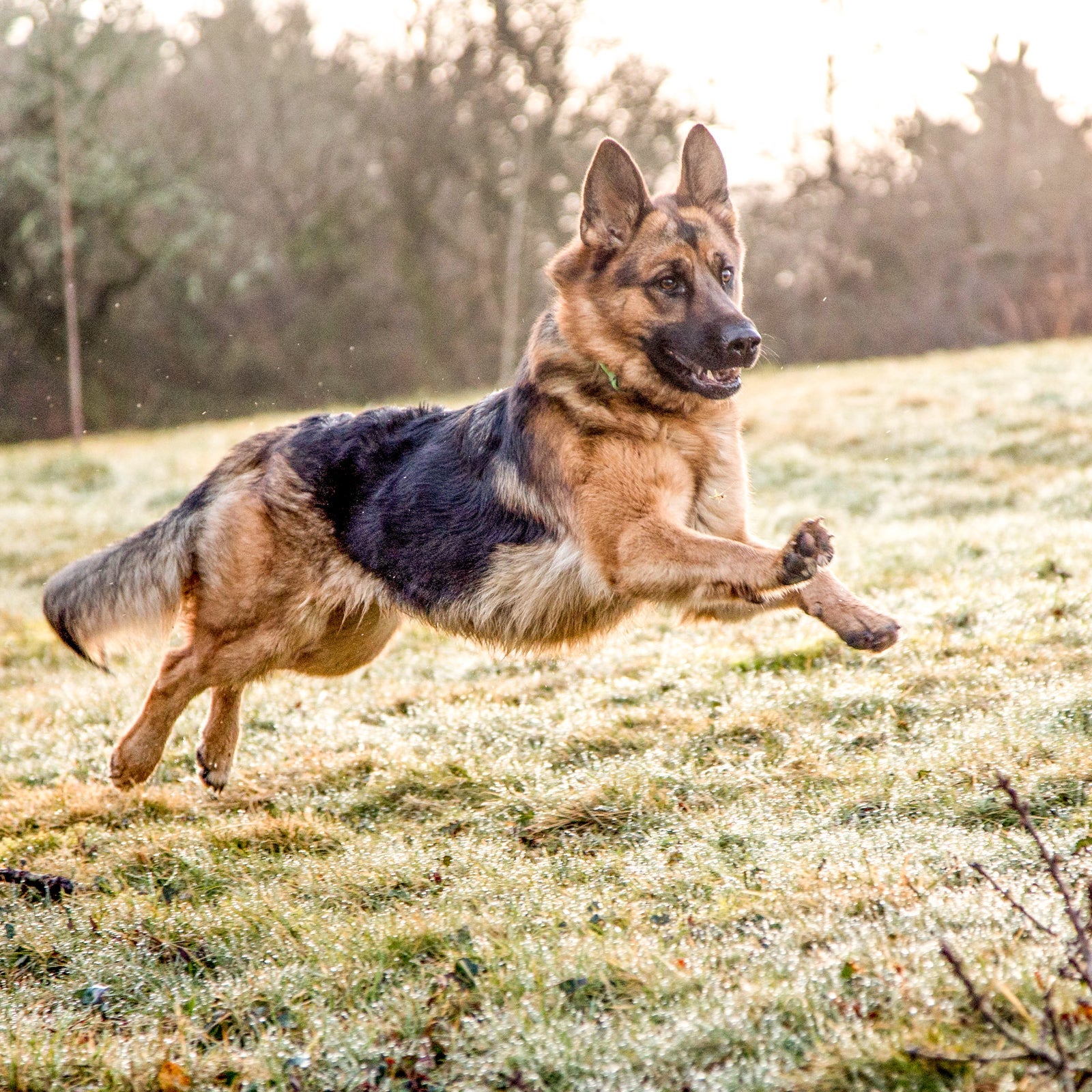Effective Dog Training Near Me for a Better Relationship with Your Pet
Effective Dog Training Near Me for a Better Relationship with Your Pet
Blog Article
Top Dog Educating Strategies Every Proprietor Ought To Know
Amongst the most noticeable approaches are favorable reinforcement, remote control training, and leash training, each offering one-of-a-kind benefits that add to a well-behaved dog. As we explore these fundamental strategies, it comes to be noticeable that mastering their nuances can dramatically influence the training experience and the dog's general behavior.
Positive Reinforcement Strategies
Using favorable support strategies is essential for efficient dog training, as it fosters a trusting bond between the fitness instructor and the pet dog. This approach concentrates on satisfying desirable habits as opposed to punishing undesirable ones, developing an atmosphere for finding out. Benefits can include treats, appreciation, or play, which motivate pets to repeat the habits that gain them these incentives.
Favorable reinforcement is rooted in the concepts of operant conditioning, where behavior is influenced by its effects. By regularly satisfying certain activities, instructors can shape a dog's habits with time. A pet that sits on command and gets a treat is a lot more most likely to repeat that behavior in the future.
Furthermore, this strategy boosts the dog's interest for training sessions. They are extra engaged and responsive when pet dogs associate training with positive experiences. Beyond immediate therapy, favorable support encourages a collective connection between the pet and fitness instructor, reducing anxiety and fear.
To make best use of efficiency, it is vital to deliver incentives quickly, guaranteeing the pet dog links the actions with the support. Essentially, positive reinforcement techniques not just yield better-trained pet dogs but likewise promote a harmonious partnership between canine and proprietor.
Remote Control Training Technique
The remote control training approach is a very reliable technique that builds upon the concepts of favorable reinforcement by including a distinctive audio to mark desired behaviors. This approach makes use of a small portable tool that generates a clicking sound, enabling instructors to communicate with their pets in a immediate and clear manner. When a canine does an actions that the proprietor desires to encourage, the clicker is turned on, followed by an incentive, usually in the type of treats or praise.
The trick to effective remote control training depends on consistency and timing. It is crucial to click at the precise moment the wanted actions occurs, ensuring that the dog associates the audio with the action and the succeeding reward. This method not only boosts interaction yet additionally promotes a stronger bond in between the owner and the pet dog, as it encourages interaction and communication throughout training sessions.
Remote control training can be put on a selection of habits and commands, from basic obedience to extra complicated tricks. Its versatility and effectiveness make it a favored technique among specialist fitness instructors and pet dog owners alike, paving the way for a responsive and well-trained canine companion.

Chain Training Essentials
Reliable chain training is vital for ensuring a risk-free and delightful strolling experience for both pet dogs and their proprietors. A level collar may work for some pet dogs, while others might benefit from a harness that decreases drawing.
Present your pet dog to the leash progressively, enabling them to discover it in a comfortable setting. This entails gratifying your dog for strolling beside you instead than pulling in advance.
If your pet dog starts to draw, quit walking right away. Additionally, practice various walking environments to help your pet dog adapt to disturbances.
Regular method will strengthen your pet dog's understanding of leash etiquette. Keep in mind that leash training is a recurring process; patience and consistency will certainly yield the very best results, fostering a positive experience for both you and your canine companion.
Socialization Methods
Socialization is a crucial facet of dog training that must ideally begin throughout puppyhood but can be helpful at any age. Effective socializing assists dogs establish self-confidence and minimizes the likelihood of behavioral concerns. To carry out effective socialization methods, expose your dog to a selection of environments, individuals, and various other animals.

Beginning with regulated setups, such as puppy classes or arranged playgroups, where young pets can connect safely. Gradually present your dog to new experiences, view it now including various noises, surface areas, and tasks. Guarantee these encounters are favorable and rewarding to establish a complacency.
For adult pet dogs or those doing not have exposure, start with low-stress scenarios. Short, positive interactions with pleasant human beings and tranquil dogs can create positive associations - Dog training. Utilize deals with and appreciation to strengthen desirable actions during these experiences
Checking your pet's body movement is important; indications of anxiety or hostility should be addressed promptly, either by removing the pet dog from the situation or redirecting its emphasis. Constantly revealing your dog to diverse stimuli will certainly cultivate flexibility, making it a well-rounded companion with the ability of thriving in different setups.
Consistency and Persistence
Identifying the value of uniformity and patience in dog training is necessary for accomplishing long-term outcomes. Irregular training can lead to confusion, making it hard for the canine to grasp commands or behaviors, eventually hindering development.
Pets, like human beings, learn at their very own rate. This fosters a trusting connection between the pet and proprietor, urging a more enthusiastic and prepared student.
To cultivate uniformity and perseverance, develop a regular training routine, use the same commands, and make sure that all household members use the same training concepts - click over here Dog training. By doing so, you develop a stable environment conducive to learning, permitting your pet to flourish and create into a mannerly buddy

Final Thought
To conclude, efficient pet dog training techniques, such as favorable reinforcement, remote control training, and proper chain training, are essential for promoting a healthy owner-dog connection. Furthermore, implementing socializing techniques and preserving uniformity and persistence throughout the training procedure adds considerably to a canine's overall health. By incorporating these approaches, pet proprietors can help with the development of well-adjusted, obedient family pets, eventually enhancing the lifestyle for both the owner and the pet.
Amongst the most prominent methods are favorable reinforcement, remote control training, and chain training, each offering unique benefits that add to a well-behaved canine. As we check out these essential approaches, it comes go to this site to be obvious that understanding their nuances can significantly affect the training experience and the pet's general habits.Using positive reinforcement strategies is necessary for efficient dog training, as it fosters a trusting bond in between the instructor and the pet.In final thought, effective canine training techniques, such as favorable support, remote control training, and proper chain training, are vital for promoting a healthy and balanced owner-dog partnership. By integrating these methods, pet dog proprietors can facilitate the development of well-adjusted, loyal family pets, eventually boosting the quality of life for both the owner and the pet.
Report this page